London, June 23, 2025 – Former Israeli Defense Minister Yoav Gallant, who is currently facing an International Criminal Court (ICC) arrest warrant for alleged war crimes committed in Gaza, has ignited fresh controversy after co-authoring a newspaper column with prominent historian Niall Ferguson, calling for U.S. military intervention in Iran.
The column, published in a leading British newspaper on Friday, asserts that Israel has already “done most of the job” in dismantling Iran’s nuclear capabilities but lacks the military hardware to complete the mission. Specifically, the article calls on the United States to deploy its GBU-57/B Massive Ordnance Penetrator (MOP)—a bunker-busting bomb—to destroy Iran’s Fordow uranium enrichment facility, which is buried deep underground and beyond the reach of Israeli weaponry.
“Only one air force has the power to finish off Fordow,” the piece stated. “This is a rare moment when strategic alignment and operational momentum converge. It must not be missed.”
Gallant, who was dismissed from his post in late 2024, remains wanted by the ICC for charges including “starvation as a method of warfare” and other alleged violations during the Gaza conflict. His contribution to the column has been widely condemned by human rights groups and legal observers, who argue that a figure under international indictment should not be publicly advocating for expanded military action.
Critics have accused the publication of giving a platform to a suspect of international crimes, describing the piece as “deeply unethical” and a potential attempt to influence global public opinion in favor of escalated conflict with Iran.
Gallant’s legal situation adds complexity to the controversy. While he is not at risk of arrest in countries that are not signatories to the Rome Statute—such as the United States and Israel—his ability to travel internationally remains severely restricted.
Niall Ferguson, who co-authored the article, defended the piece as a strategic analysis rather than a direct call to war. He argued that the West must consider all military options if diplomacy fails to curb Iran’s nuclear ambitions.
The column comes at a time of heightened military tension in the Middle East, following Israeli strikes on key Iranian facilities and retaliatory threats from Tehran. With Fordow already damaged in previous air raids, the debate over a full-scale neutralization of Iran’s nuclear infrastructure has gained renewed urgency.
While no official response has yet been issued by the U.S. administration, analysts believe the publication reflects a broader push by some security experts and policymakers to pressure Washington into decisive action against Tehran—particularly ahead of the 2026 U.S. elections.
As the dust settles from the controversial op-ed, questions are being raised not only about the future of Iran-Israel relations, but also about the role of media platforms in amplifying voices of individuals currently facing prosecution under international law.


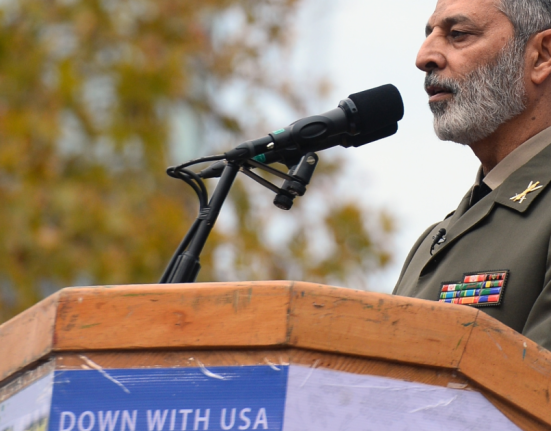
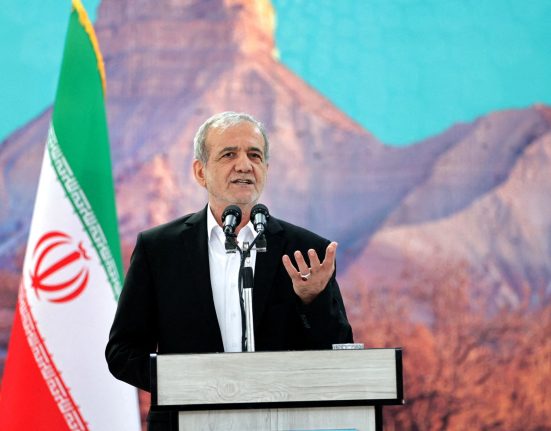
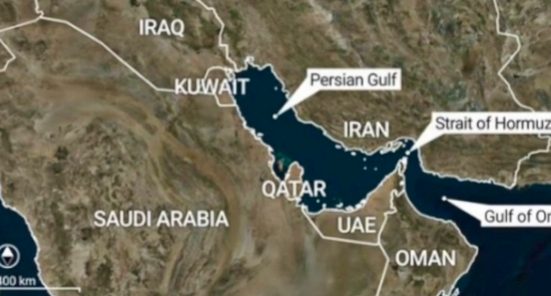
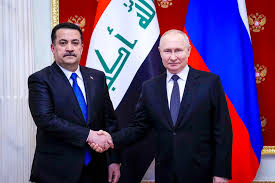
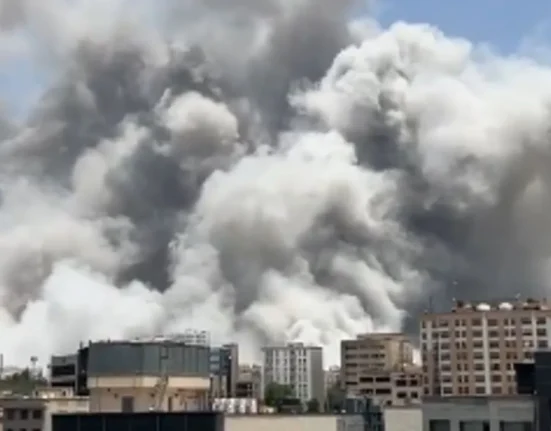
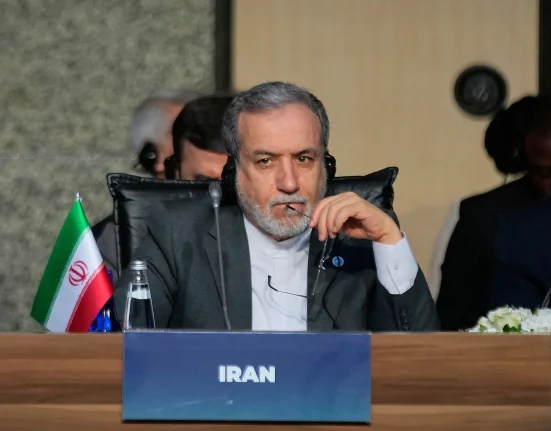
Leave feedback about this